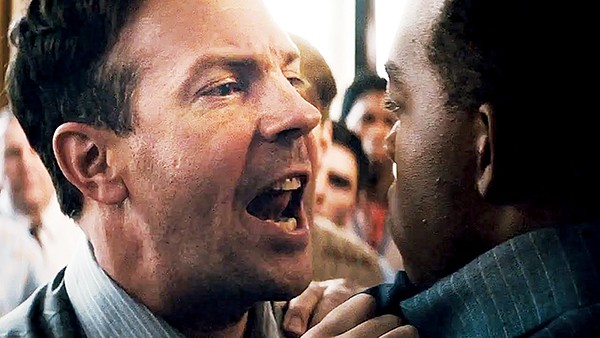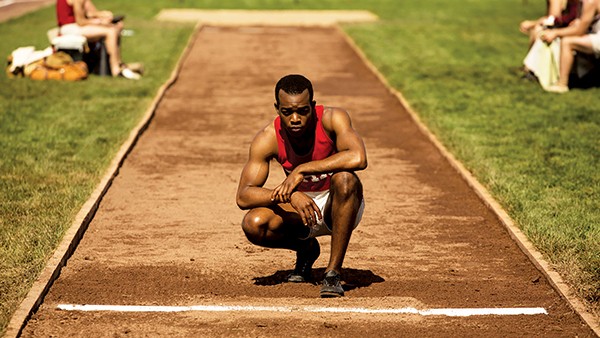The 2016 Olympics in Rio will mark the 80th anniversary of Jesse Owens’ historic wins at the 1936 Berlin Olympics. Hitler meant for the games to provide proof of his racial theories of Aryan dominance, but instead, Owens set world record after world record and showed the world that racial harmony is possible by befriending his German rival Carl “Luz” Long.
I’m a self-described Olympic geek, and it’s stories like Owens’ that are the reason why I find the games so compelling in ways that most professional sports leave me cold. At their best, the games celebrate our common humanity and suggest sportsmanship still has its place, and not all competitors have to be motivated by demonizing their opponents. That’s why Hitler’s racial attitudes were so counter to the Olympic ideals, and Owens’ triumph so profound. That Owens did it while facing down similar toxic philosophy back home in the United States only speaks to the strength of his character, and helped many white Americans take the first steps away from notions of racial supremacy.

Jason Sudeikis (left) and Stephan James finish strong in Stephen Hopkins’ triumphant biopic Race.
Race, director Stephen Hopkins’ biopic of Owens, traces the track star’s critical years as a freshman at Ohio State, where he first turned heads by winning four gold medals at the national NCAA Championships the first year he competed. Casting former teen TV star Stephan James as Owens was one of Hopkins’ best choices. James reportedly stepped in after John Boyega dropped out of the production in favor of playing Finn in Star Wars: The Force Awakens. I’m sure Boyega would have done a good job, but James grabs the baton and runs with it, capturing Owens’ inherent kindness and the stoicism that got him through pressures that would have crushed most men. In the crucial, movie-defining scene where he first steps onto the Olympiastadion Berlin field to face a crowd of 100,000, he seems to physically shrink for a moment before gathering himself up and striding into battle. Hopkins not only has the physicality to portray Owens, but also the timing and chemistry to keep up with former SNLer Jason Sudeikis, who plays Larry Snyder, the Ohio State coach who recognized Owens’ once-in-a-generation talent and taught him the technique to achieve his potential. Sudeikis plays Snyder as a hard-boozing, boisterous man obsessed with track-and-field dominance because he is haunted by the sense that he missed his shot at Olympic immortality. Like Snyder did for Owens, Sudeikis does for Hopkins in their scenes together, pulling him out of his shell and challenging him into greater performance.

Stephan James as Jesse Owens
The sources I consulted listed Race‘s budget at $5 million, but that seems like a lowball considering all of the period production design on display. Like Straight Outta Compton, director Hopkins plays it straight, favoring well-executed but conventional images over any sort of psychological impressionism. When the movie concentrates on the Owens/Snyder story of the struggle for athletic excellence, it soars. But it gets bogged down in some unnecessary digressions, such as the story of the Nazis’ favorite filmmaker Leni Riefenstahl’s (Carice van Houten) struggle to make Olympia, her documentary about the games. But at least that subplot gives us opportunity to see Danish actor Barnaby Metschurat’s ice-cold portrayal of Joseph Goebbels.
Race‘s biggest weakness is its editing, which is often jittery and unsure when it needs to be steady and clear. I guess it’s supposed to be a modernist stylistic choice when it takes five cuts to show Snyder pour a single shot of whiskey from a bottle, but it made me want to scream, “Pick a shot and stick with it! There are Nazis to triumph over!” If this job has taught me anything, it’s that a movie doesn’t have to be perfect to be emotionally effective, and ultimately, Hopkins and Sudeikis carry the day, with a little help from the heroic story of the World’s Fastest Man.